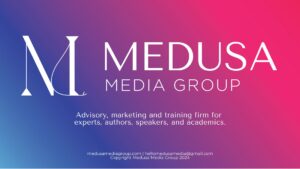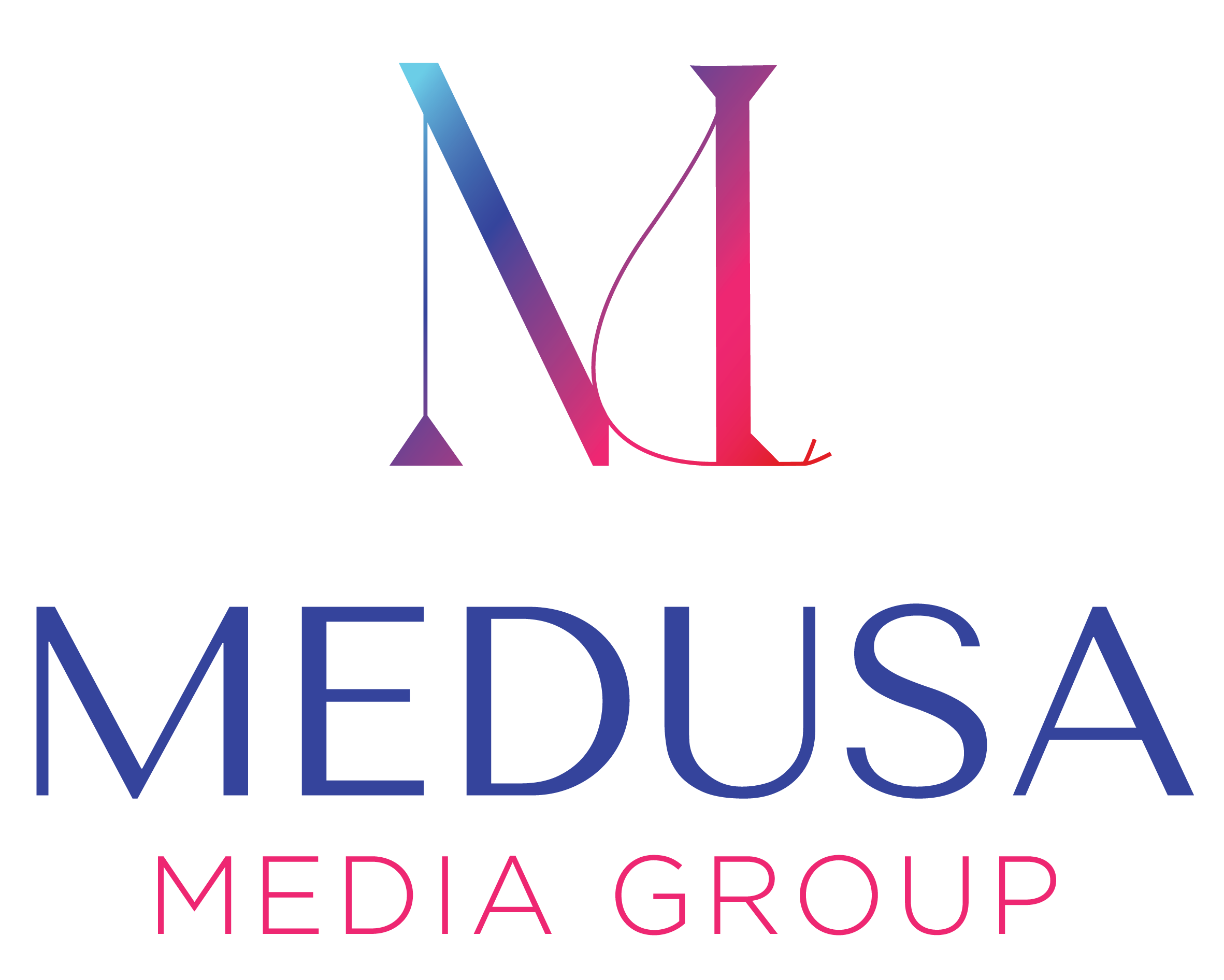 My sister and I were talking about skills: what we’re good at, what comes naturally to us, what we enjoy doing. I confided that when I list my skills, they sound pretty goofy*:
My sister and I were talking about skills: what we’re good at, what comes naturally to us, what we enjoy doing. I confided that when I list my skills, they sound pretty goofy*:
- I’m great at making friends
- I’m a good listener
- I give good relationship advice (but only when I’m asked!)
- I love reading books – specifically, novels featuring female protagonists about relationships
- I’m good at expressing myself
Um… cool????
It’s been a few years since that conversation with my sister, and I realize now (thanks to some perspective-shifting from my business coach and others) that these skills ARE assets. Relationship skills, “people” skills, conflict-resolution , storytelling, and communication skills are super valuable!
So why did I feel insecure about them at first?
Here was my thinking:
- I’m great at making friends – so what? You’re not in school anymore. How will this help you in the Real World?
- I’m a good listener – good for you, and good for your friends, but so what? Listening isn’t hard, it’s just shutting up and, well, listening. How will this help in the Real World?
- I give good relationship advice (but only when I’m asked!) – that’s great for your friends, but your career is not as a relationship counselor soooo who cares in the Real World?
- I love reading books – specifically, novels featuring female protagonists about relationships – go ahead and do that in your free time. You won’t get paid to read.
- I’m good at expressing myself – wow, so you have a broad vocabulary because you’re a book nerd. People will either think you’re trying to impress them, or feel alienated if you use words they don’t understand. Not helpful in the Real World!
You might observe that my knee-jerk reaction was to dismiss my skills and proclivities (where did we learn to be SO unkind to ourselves!?). Also, you’ll notice I’m making sweeping assumptions about the Real World. I seem to think that people in the real world don’t have or care about relationships, or want to be heard, or read for fun, or enjoy words.
I wonder if other people have a similar knee-jerk reaction to their own strengths and skills. After all, the things you’re good at often don’t seem like accomplishments – they come so easily that they don’t seem worth writing home about.
Or it might be semantics. If you’re wondering how a skill you have could ever be an asset to your career, clients or personal brand, maybe it needs new clothes. Consider “I’m really good at making friends” versus “I have excellent networking and relationship-building skills” or “I enjoy networking and building interpersonal relationships.”
Or is it that we live in a culture that bends over backwards to prize “hard” skills? Education, startup culture and funding are all about STEM STEM STEM. It might give the impression – whether intended or no – that interpersonal or cultural skills are less valuable.
*Actually, the word I used was “lame,” but that’s a disability-phobic word and it’s time to strike it from my vocabulary.





